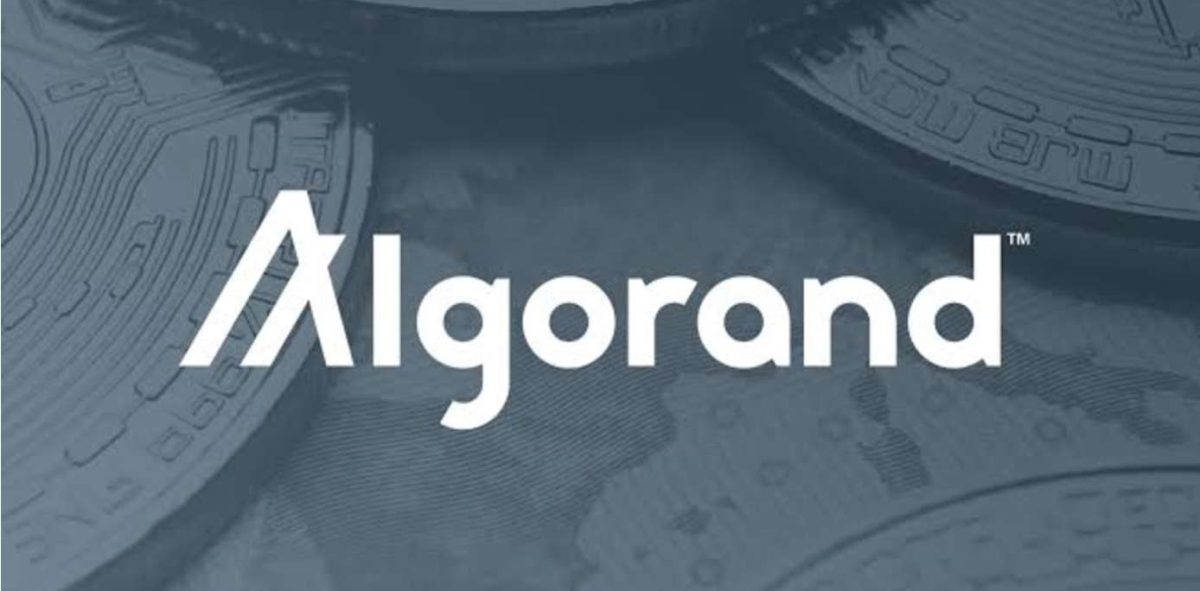OpenDelta Introduces OpenDelta Perpetual Bond on Solana, Targeting Institutional Investors With Innovative Yield Strategies
-
OpenDelta has made its foray into the decentralized finance (DeFi) landscape by launching the OpenDelta Perpetual Bond on the Solana blockchain, a significant innovation that taps into Solana’s interest-bearing token capabilities.
-
The introduction of the OpenDelta token marks a pivotal step in the evolution of yield generation, specifically aimed at institutional investors seeking sophisticated financial instruments within the crypto space.
-
“Our product is designed for those who understand and can manage the risks associated with such investments,” stated Myles Snider, co-founder of OpenDelta, illustrating the firm’s dedication to informed investment.
Discover how OpenDelta’s innovative Perpetual Bond on Solana is reshaping yield generation for institutional investors in the crypto market.
OpenDelta’s Unique Approach to Yield Generation on the Solana Blockchain
The launch of the OpenDelta Perpetual Bond represents a significant advancement in the use of Solana’s blockchain technology. Utilizing the Solana Program Library (SPL), OpenDelta integrates an interest-bearing token mechanism that enhances the earning potential for investors. This innovation leverages the opportunities available within the Solana ecosystem, which has been gaining traction due to its scalability and low transaction costs.
The Basis Trade Strategy Explained
At the heart of OpenDelta’s offering is the basis trade strategy, typically employed in commodities markets. This strategy capitalizes on the price differentials between spot and futures markets, particularly focusing on Bitcoin futures that often trade higher than their spot market counterparts. By adopting this approach, OpenDelta allows investors to navigate the complexities of crypto markets while targeting returns based on market inefficiencies.
Aiming for Institutional Investors
Unlike many DeFi projects that target the retail market, OpenDelta sets its sights on institutional investors who may hesitate to engage with crypto-native strategies. The co-founders have recognized the need for products that resonate with this audience by minimizing the risks associated with conventional yield-generating methodologies, such as locking funds in staking protocols.
Comparing OpenDelta to Competitors
The vision behind OpenDelta also seeks to differentiate itself from other tokens focused on the basis trade. For instance, BlackRock’s BUIDL token operates similarly to a stablecoin, while OpenDelta emphasizes intrinsic yield from actual market activities, distancing itself from reliance on token incentives or staking rewards. CEO Konstantin Wünscher highlighted this distinction, stating, “The market is saturated with stablecoins. We wanted to offer something different.”
Future Plans and Innovations
OpenDelta’s inception traces back to a previous venture that aimed to operate within Bitcoin’s Lightning Network. However, recognizing its limitations, the founders shifted their focus to Solana due to its capabilities for launching innovative financial products. Backed by Six Man Ventures and notable figures like Anatoly Yakovenko, OpenDelta is poised to expand its product offerings beyond the basis trade, hinting at plans that could involve real-world asset tokenization.
Conclusion
In summary, OpenDelta’s introduction of the Perpetual Bond represents a progressive step towards tailored yield generation strategies for institutional investors. As the platform evolves, it underscores a potential shift in how traditional market strategies can be adapted within the rapidly developing crypto ecosystem. Investors are encouraged to monitor OpenDelta’s trajectory as it aims to innovate further within the DeFi landscape.
Disclaimer: The content of this article solely reflects the author's opinion and does not represent the platform in any capacity. This article is not intended to serve as a reference for making investment decisions.
You may also like
Hassett: Trump is studying whether "removing Powell" is an option
Strategy returns surpass Nvidia, Tesla, Google, Apple and Microsoft
Polygon and Jio bring blockchain to 450 million users in India

Algorand Foundation and The Core Launch ‘Build on Blockchain’ Series for Industry Leaders

